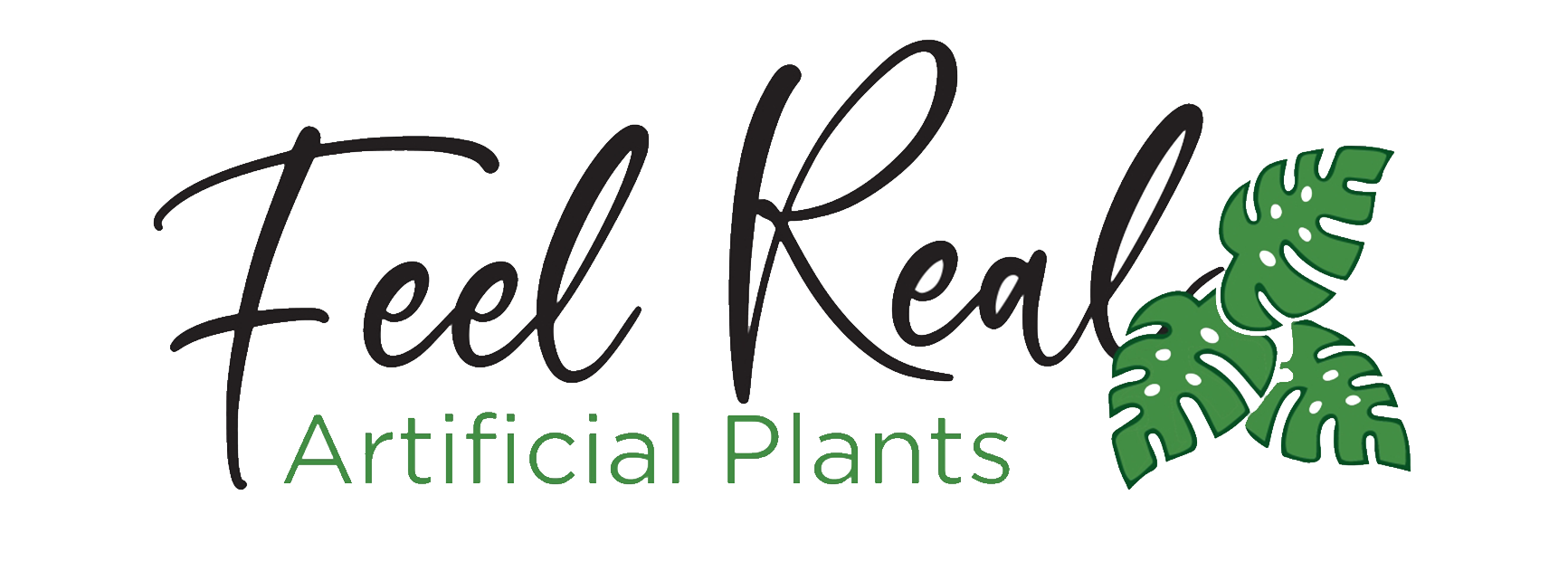If you are a wholesaler or a business in the market for high-quality artificial plants, it is essential to have a trusted partner who can handle the logistics of importing these products efficiently. In this article, we will explore the key factors to consider when selecting a freight forwarder and provide you with valuable insights to help you make an informed decision.
1. Understanding the Importance of a Reliable Freight Forwarder
When it comes to importing artificial wall plants, a reliable freight forwarder can make all the difference in ensuring a smooth and hassle-free process. Freight forwarders act as intermediaries between businesses and transportation services, managing various aspects of the logistics chain, including shipping, customs clearance, documentation, and more. Their expertise and experience are vital in navigating the complexities of international trade.
2. Research and Shortlisting
Finding a reliable freight forwarder starts with thorough research. Begin by compiling a list of potential candidates based on their industry reputation, experience, and services offered. Utilize online platforms, industry directories, and referrals to identify reputable freight forwarders specializing in the transportation of artificial plants.
3. Evaluating Credentials and Expertise
Once you have a list of potential freight forwarders, it’s time to evaluate their credentials and expertise. Consider the following factors during the selection process:
— Licensing and Certifications
Ensure that the freight forwarder you choose holds the necessary licenses and certifications. Look for certifications such as the International Air Transport Association (IATA) or the Federation of International Freight Forwarders Associations (FIATA), which demonstrate their commitment to industry standards and best practices.
— Experience and Track Record
Evaluate the freight forwarder’s experience in handling shipments of artificial plants. A well-established freight forwarder with a proven track record will have the knowledge and resources to overcome any challenges that may arise during the import process.
— Global Network and Connections
Consider the freight forwarder’s global network and connections. A well-connected freight forwarder will have established relationships with carriers, customs officials, and other key players in the logistics chain. This can lead to more efficient transportation and smoother customs clearance.
— Expertise in Customs Regulations
Importing artificial wall plants involves complying with customs regulations and documentation requirements. Choose a freight forwarder with expertise in navigating customs procedures to avoid delays and potential penalties.
— Insurance Coverage
Ask about the freight forwarder’s insurance coverage to protect your shipments in case of loss, damage, or theft. Adequate insurance coverage provides peace of mind and ensures that you are financially protected in unforeseen circumstances.
4. Requesting and Comparing Quotes
Once you have shortlisted a few freight forwarders based on their credentials and expertise, it’s time to request and compare quotes. Provide detailed information about your shipment, including the volume, weight, dimensions, and any specific requirements.
Consider the following when comparing quotes:
— Pricing Structure
Evaluate the pricing structure offered by each freight forwarder. Look for transparency and clarity in their pricing, including any additional charges or fees that may apply.
— Service Offerings
Compare the services offered by each freight forwarder. Look for additional value-added services such as customs brokerage, warehousing, and distribution capabilities, as these can contribute to a more seamless supply chain.
— Transit Time and Delivery Options
Consider the transit time and available delivery options provided by each freight forwarder. Efficient transit times and a variety of delivery options are crucial to meet your business requirements and customer expectations.
5. Assessing Customer Support
Assessing the level of customer support provided by each freight forwarder is essential. Prompt and effective communication is crucial throughout the import process. Look for a freight forwarder that offers responsive customer support and is readily available to address any queries or concerns you may have.
6. Checking References and Reviews
Before finalizing your decision, it is recommended to check references and read reviews from other clients who have worked with the freight forwarders you are considering. This will provide valuable insights into their reliability, professionalism, and overall customer satisfaction. Look for testimonials or case studies that highlight successful experiences with importing artificial wall plants.
7. Conducting Site Visits
If possible, consider conducting site visits to the facilities of the shortlisted freight forwarders. This will give you a firsthand look at their operations, infrastructure, and handling capabilities. A well-maintained warehouse, advanced technology, and efficient processes are indicators of a reliable freight forwarder.
8. Negotiating Contracts
Once you have identified the most suitable freight forwarder for your needs, it’s time to negotiate the terms of the contract. Pay close attention to the following:
— Service Agreement
Ensure that all the agreed-upon services, responsibilities, and expectations are clearly stated in the service agreement. This includes details such as transportation modes, delivery schedules, customs clearance, insurance coverage, and any additional services required.
— Pricing and Payment Terms
Negotiate pricing and payment terms that align with your budget and financial preferences. Discuss any additional fees, such as customs duties, taxes, or port charges, that may apply to your shipments.
— Contract Duration and Termination Clause
Specify the duration of the contract and include a termination clause that outlines the conditions under which either party can terminate the agreement. This provides flexibility in case your business needs change or if you encounter any unforeseen issues with the freight forwarder’s services.
9. Establishing a Long-Term Partnership
Once you have successfully imported your artificial wall plants with the help of a reliable freight forwarder, it is beneficial to foster a long-term partnership. A strong and collaborative relationship with your freight forwarder can lead to streamlined operations, cost savings, and continuous improvements in your supply chain.
Maintain open lines of communication with your freight forwarder and provide regular feedback on their services. This will help them understand your evolving needs and make necessary adjustments to enhance the efficiency and reliability of future shipments.
Importing artificial wall plants requires careful consideration and the selection of a reliable freight forwarder. By conducting thorough research, evaluating credentials, comparing quotes, and negotiating contracts, you can find a partner who will handle the logistics of your imports efficiently. Remember to prioritize factors such as experience, expertise in customs regulations, global network, and customer support when making your decision.
We understand the importance of a trustworthy freight forwarder in the successful import of artificial plants. With our extensive experience, industry connections, and dedication to customer satisfaction, we are confident in our ability to meet your business’s specific requirements. Contact us today and let us help you import high-quality artificial wall plants with ease and efficiency.

